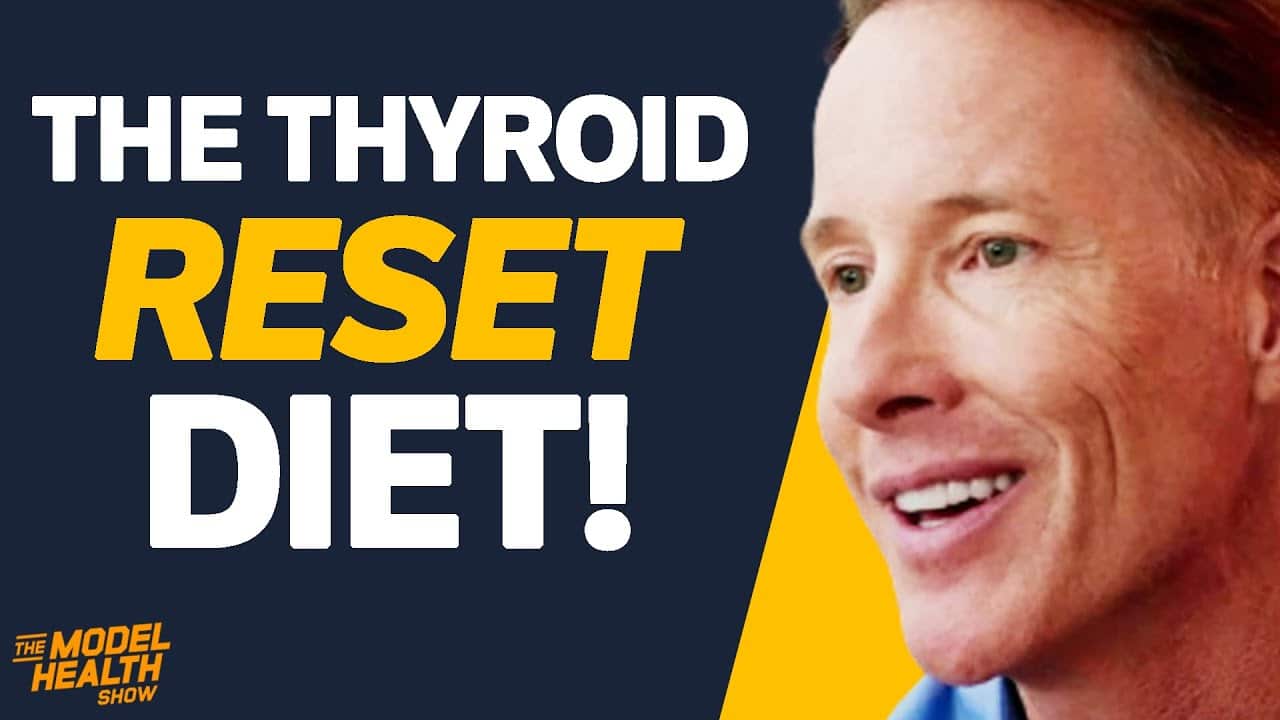But iodine is unique in that too much or too little can cause problems. Too little iodine can result in hypothyroidism, a condition where the thyroid gland is not producing enough thyroid hormone. Symptoms of hypothyroidism can include weight gain, fatigue, constipation, dry skin, and hair loss. Conversely, too much iodine can lead to hyperthyroidism, where the thyroid gland is overactive and produces too much thyroid hormone. Symptoms of hyperthyroidism can include weight loss, rapid heart rate, anxiety, and nervousness.
So why are we seeing an increase in iodine excess?
One reason is that it’s added to salt as a public health measure. Iodized salt was introduced in the 1920s to prevent goiter, a condition where the thyroid gland swells due to low iodine levels. However, with the increased availability of processed foods, people are consuming more and more salt. This has led to an increase in iodine intake.
Additionally, there has been a rise in the popularity of supplements and functional foods that contain high levels of iodine, such as seaweed supplements and kelp snacks. These products may not be labeled as high in iodine, which can lead to people unknowingly consuming too much.
What are the health effects of iodine excess?
While iodine excess is still relatively rare in the United States, the number of nations categorized as at risk has increased to 52. In these countries, iodine excess can lead to thyroid disease, autoimmune thyroiditis, thyroid cancer, and more.
One exciting aspect of iodine excess is its effect on the thyroid gland. Excess iodine can cause thyroid cells to undergo cellular stress and death, a process known as iodine-induced apoptosis. This can lead to chronic inflammation and fibrosis of the thyroid gland, which can result in thyroid disease.
So what can we do to prevent iodine excess?
The best way to prevent iodine excess is to be aware of how much iodine you are consuming. Read labels and be mindful of the iodine content in processed foods. If you use iodized salt, use it sparingly and opt for low-sodium options when possible. Be cautious of supplements and functional foods that contain high levels of iodine, and speak with a healthcare provider before starting any new supplement regimen.
Additionally, if you have a thyroid condition or a family history of thyroid disease, it may be prudent to have your iodine levels tested by a healthcare provider. They can help you determine if you are getting enough or too much iodine and make recommendations accordingly.
In conclusion, while iodine is a crucial nutrient for thyroid function, it’s essential to be mindful of how much we consume. As with many things, moderation is vital, and it’s always a good idea to consult with a healthcare provider before making any significant changes to your diet or supplement regimen.
*****
*****
Summary of Transcript:
Dr. Alan Christensen, a board-certified naturopathic endocrinologist focusing on thyroid care, was interviewed on the Model Health Show about the thyroid gland and iodine’s role in its function. The thyroid gland controls how energy is burned, repairs tissue, and sends nerve impulses throughout the body. Iodine is unique in that it has one job in the body: to make the active thyroid hormones needed for metabolism, tissue repair, and nerve conduction. The amount of iodine used by the body is relatively low, and it requires a powerful pump to concentrate it in the thyroid, making iodine different from other nutrients. The iodine concentration in the thyroid compared to the bloodstream is 50-100 times greater. The body’s requirements for iodine are narrow: the bottom end is about 50mcg daily, and the upper limit is around 200mcg daily. The thyroid tolerates different levels of iodine; some people can tolerate more iodine than others. Dr. Christensen likened the lifetime requirement for iodine to a teaspoon, emphasizing that we need very little about other nutrients.
*****
Summary of Description:
This podcast episode discusses the thyroid gland and its function in the body. It explains the role of iodine in thyroid function, the different types of iodine, and how much iodine is needed for optimal thyroid health. It also discusses the rise in thyroid disease rates and the drivers of thyroid disease. Additionally, it covers the importance of exercise and provides natural food sources of iodine. Visit the website to subscribe for free updates and more episodes.
*****
Source Description
Visit http://themodelhealthshow.com/ to subscribe for free updates, new episodes, and much more.
In this episode, you will learn:
* What the thyroid gland is, and what it’s responsible for in the body.
* The role that iodine plays in the function of the thyroid.
* What the two chemical forms of iodine are.
* How much iodine do you need for optimal thyroid function?
* Why you won’t find iodine listed on food labels.
* What can happen if you consume too much iodine.
* Why thyroid disease rates have roughly tripled in the last few decades.
* What a thyroid storm is and the only way to cure it.
* The three different types of thyroid diseases.
* Why iodine is like bleach.
* How the autoimmune disease, Hashimoto’s thyroiditis, occurs.
* The three significant drivers of thyroid disease.
* What you need to know about iodine hiding in your personal care products.
* Real food sources of iodine.
* Why exercise is a critical component of thyroid health.
Visit http://themodelhealthshow.com/ to subscribe for free updates, new episodes, and much more.
The Model Health Show has been featured as iTunes’s #1 Fitness & Nutrition podcast. Thanks so much for listening and sharing!


